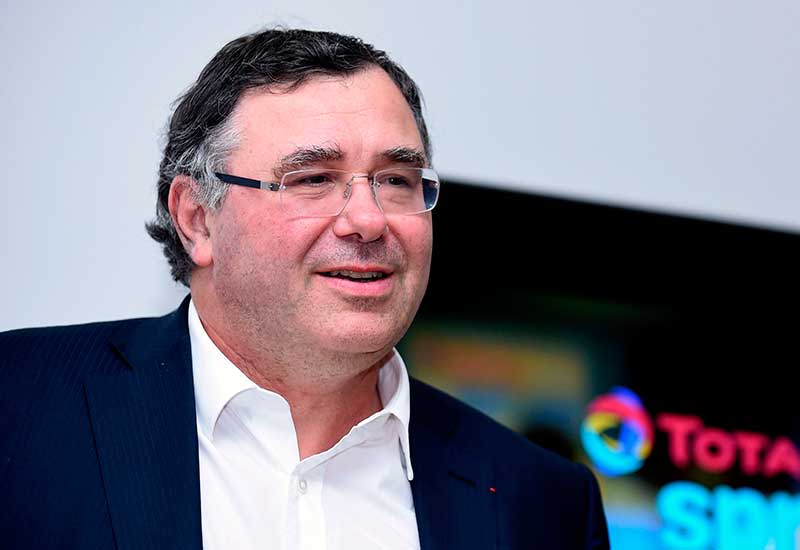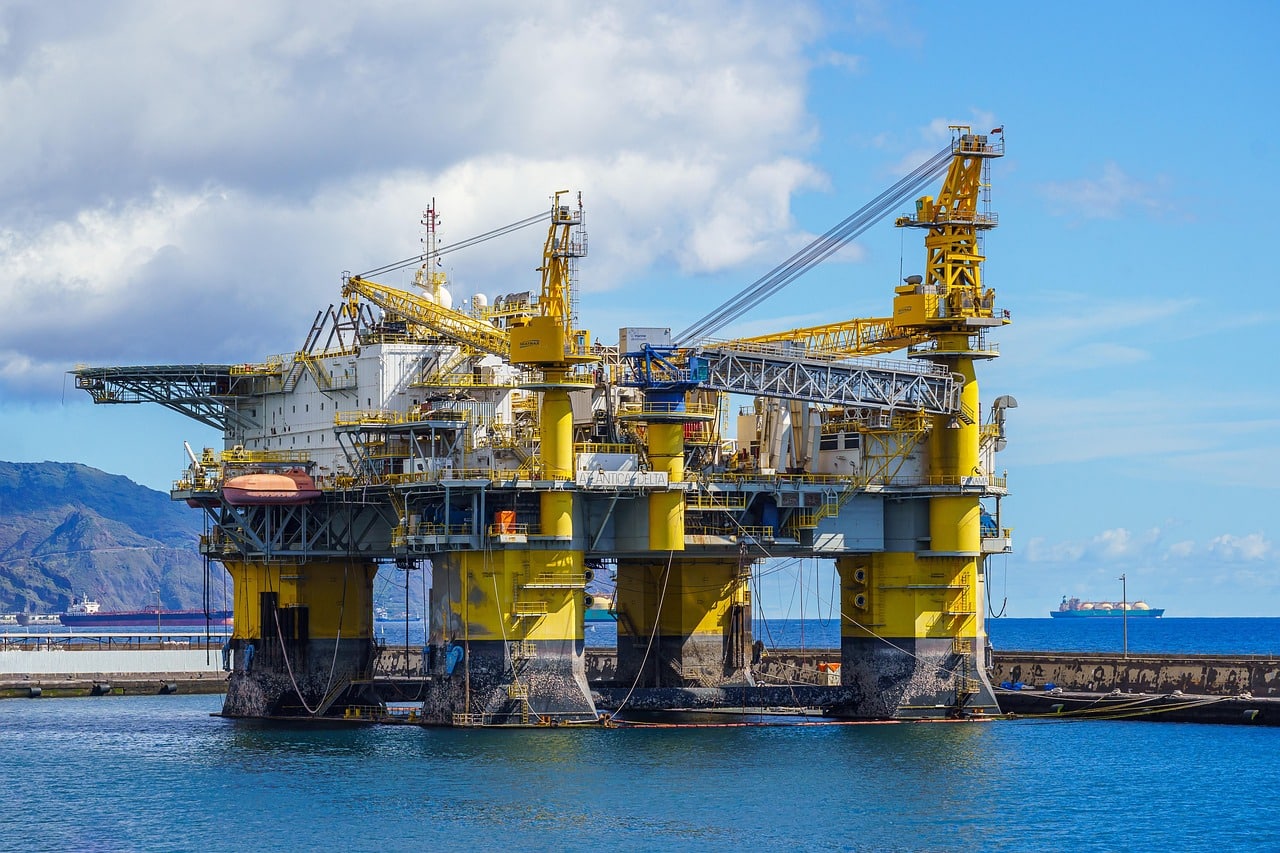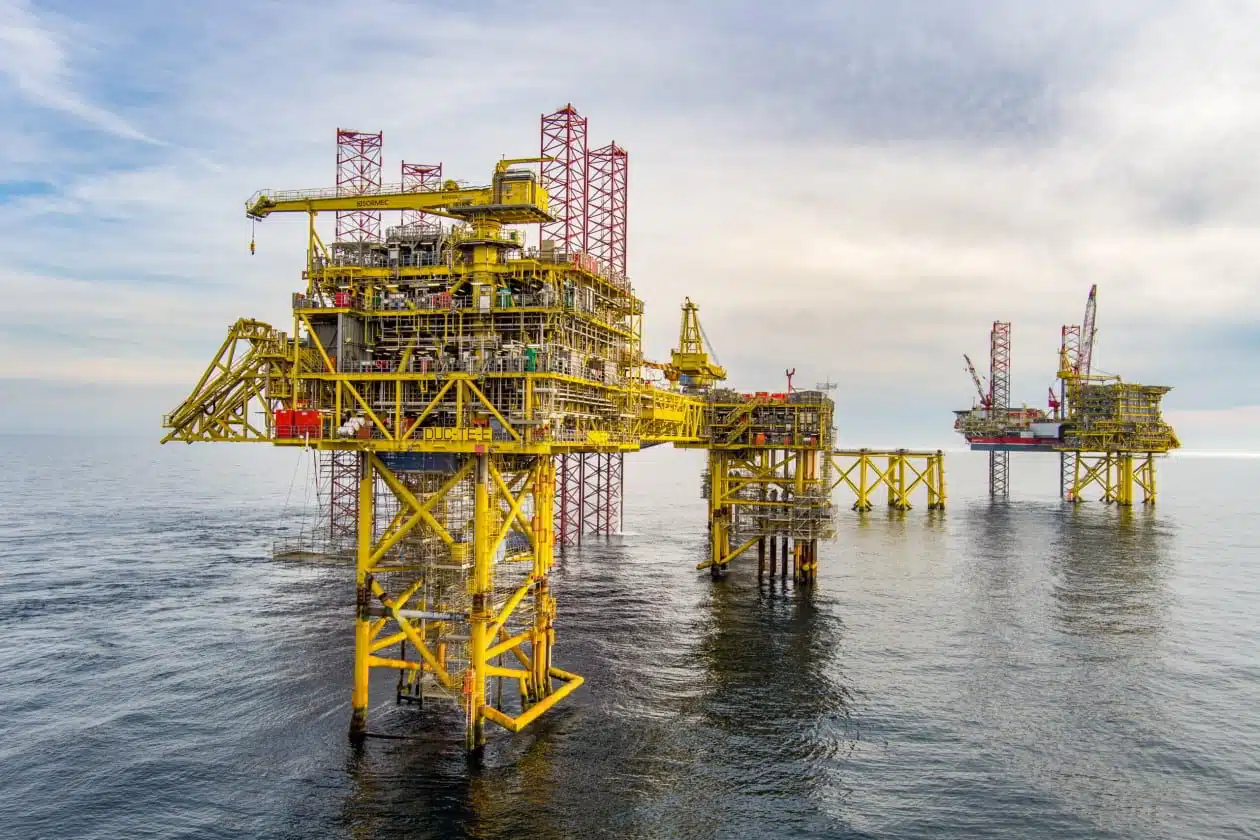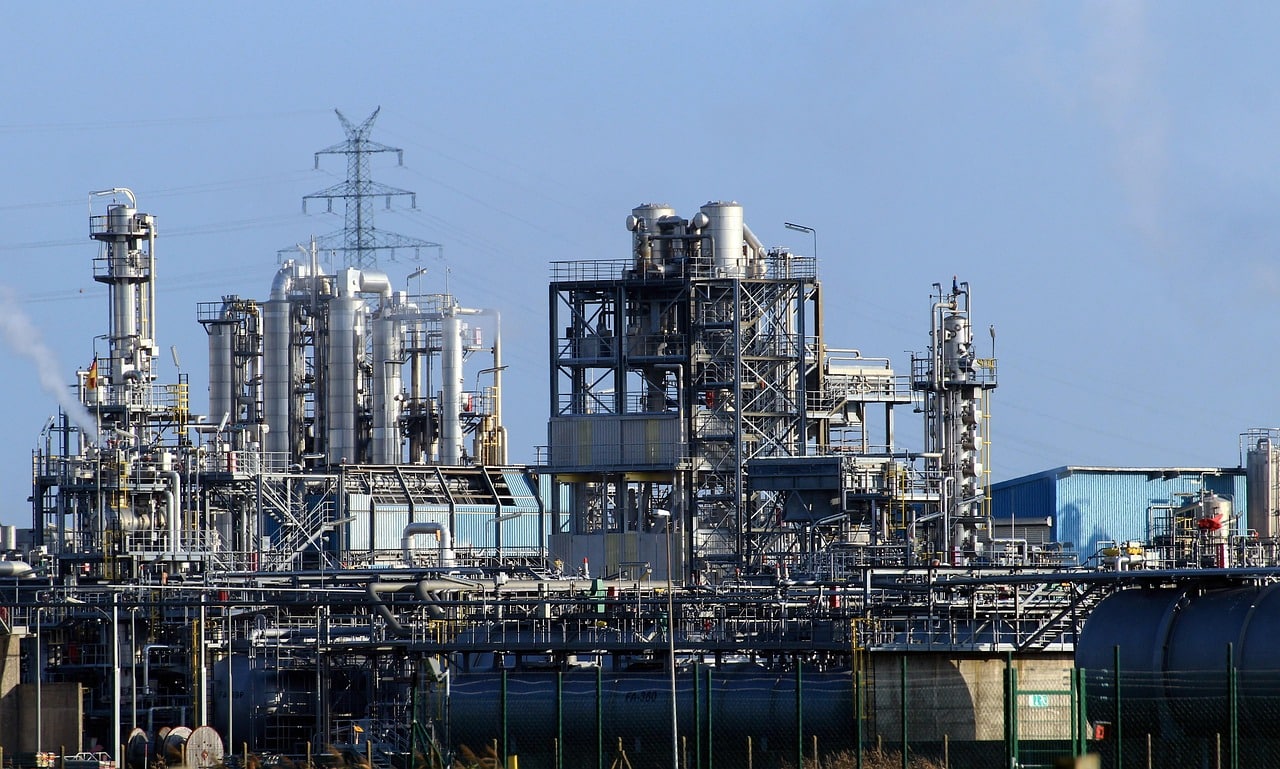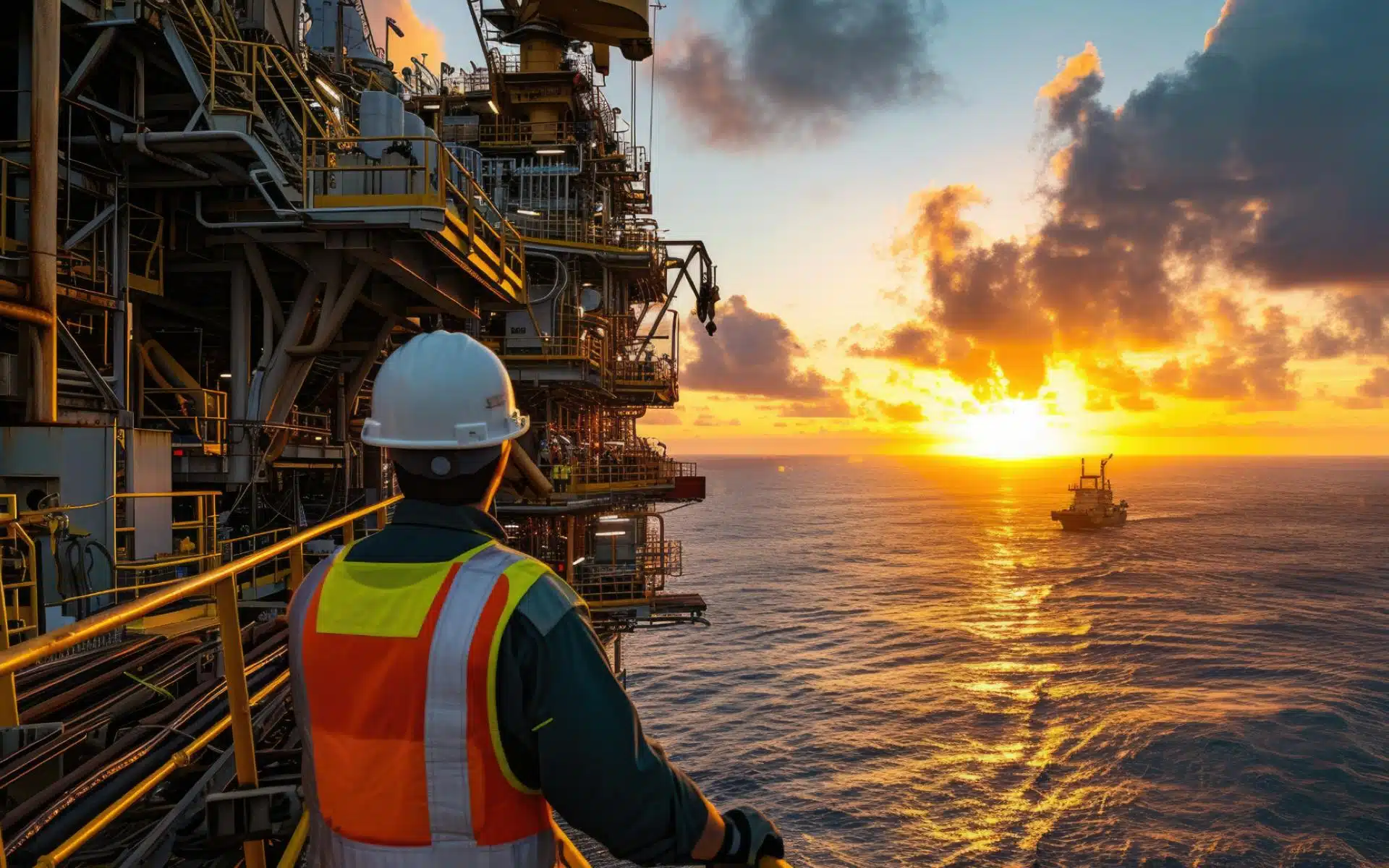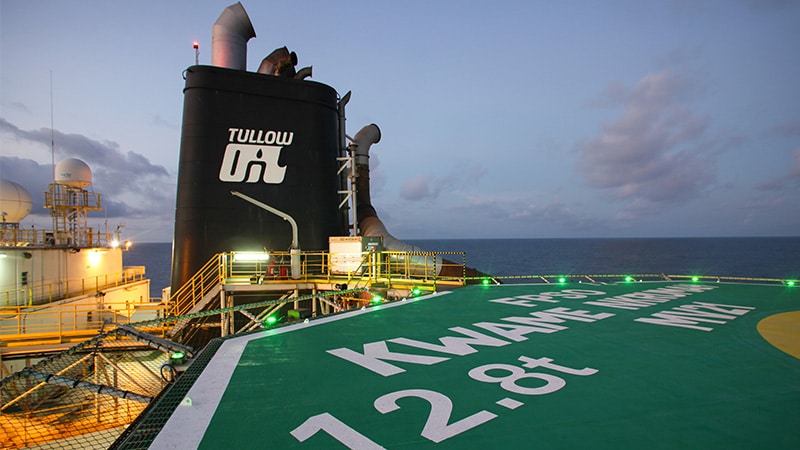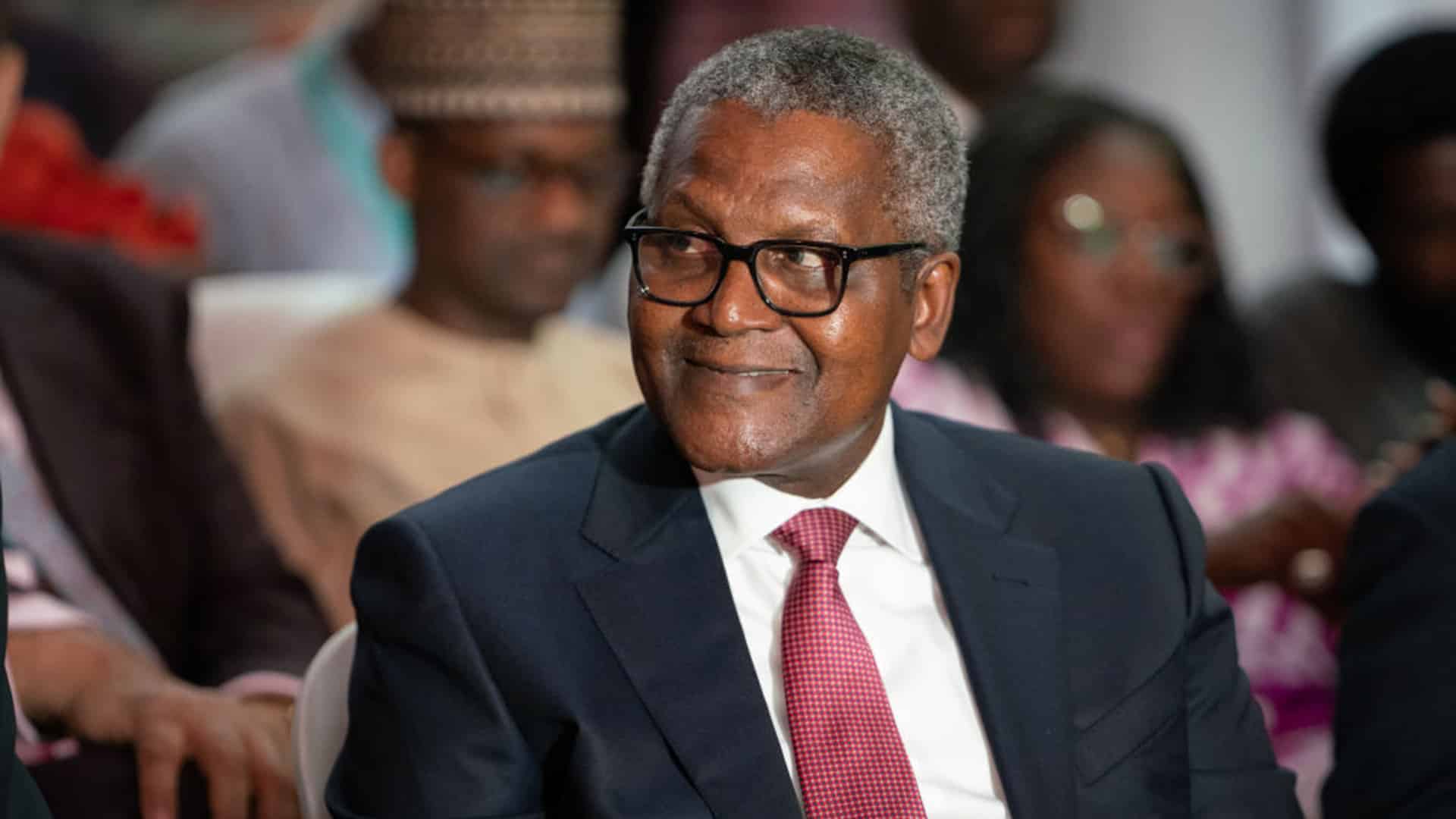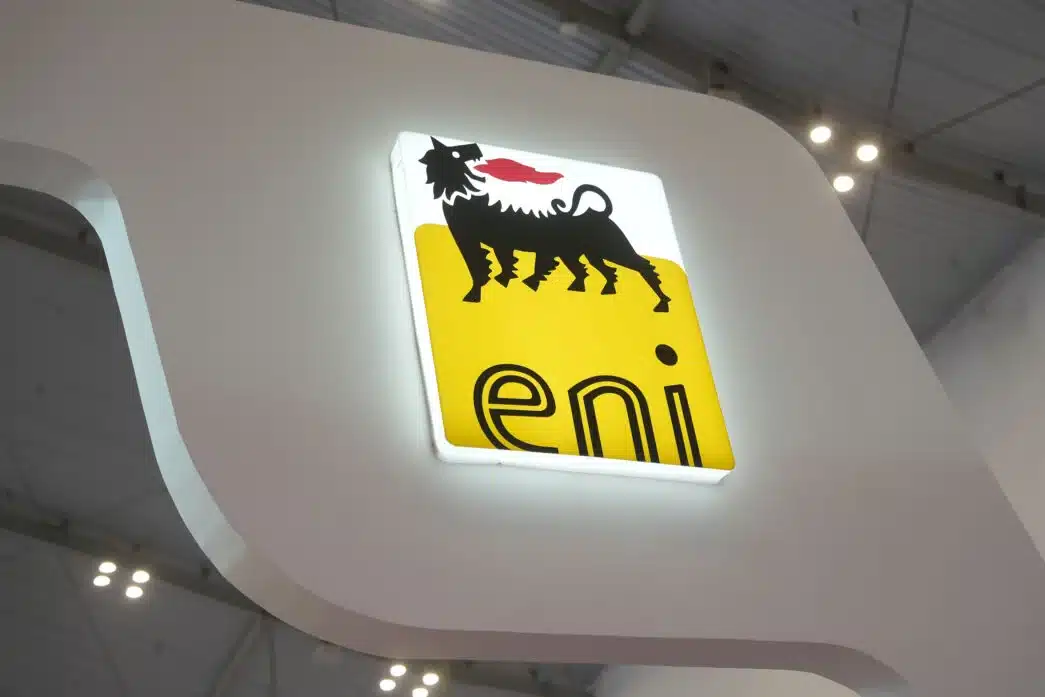TotalEnergies chief executive Patrick Pouyanne confirmed that its long-delayed $15 billion LNG project in Mozambique, now being prepped for restart, can be delivered by 2029 once the local government grants its new approvals.
“As soon as we mobilise, we’re fully in construction mode” Pouyanne tells analysts.
The French energy giant and its partners recently lifted the force majeure on their LNG project in Mozambique, which had been in place since April 2021 due to insecurity in the Cabo Delgado province.
The decision follows joint military efforts by Mozambican forces, Rwandan troops, and the Southern African Development Community (SADC), which have helped restore a measure of stability to the region.
Despite these gains, some analysts remain cautious, questioning Mozambique’s ability to maintain long-term peace in an area that has faced insurgency since 2017.
Nevertheless, the TotalEnergies-led consortium maintains that security has improved significantly.
In a formal notice to the government in Maputo, the consortium signaled its readiness to resume work on the massive gas project and requested approval for its revised development plan.
Is there a new project timeline?
Although the suspension on the project has been lifted, TotalEnergies said the new plan, which also includes a revised budget and schedule, must first get approved.
“Before fully relaunching the project, Mozambique’s council of ministers needs to approve an addendum to the plan of development,” TotalEnergies stated.
Once that approval is given, the company said it would move right into the mobilisation phase before the actual construction work.
It said the project can still come online by 2029, however nearly five years later than its original timeline of mid-2024.
Meanwhile, TotalEnergies in a letter cited by Bloomberg has requested a 10-year extension to the development and production period of the project.
This longer timeline suggests that the company still expects some unexpected disruptions that might slow progress.
President Daniel Chapo said the government needed to understand the basis of the existing proposals before we can make a final decision.
“Mozambique may present counterarguments, and then we can reach a consensus on whether the proposed extension will proceed or not,” Chapo said in translated comments referring to TotalEnergies’ letter.
Has the project’s cost changed?
Amidst the past four years since the project was disrupted, TotalEnergies said the project cost has significantly increased due to heightened security expenses.
The company needs an approval of an additional $4.5 billion to cover the “incremental costs incurred,” corroborating an earlier estimate by one of the equity partners Bharat Petroleum (BPCL) which had said the project’s total cost could rise by at least $4 billion.
“I want to be very clear and strong on this point, the budget was around $15.5 billion previously, $4.5 billion is what we’ve spent in these past years. So the total is not $25 billion but $20.5 billion,” Pouyanne said on Thursday clarifying conflicting media reports on the project cost.
According to Reuters, TotalEnergies had signed a $14.9 billion senior debt financing agreement for the project in 2020, when its CFO Jean-Pierre Sbraire is reported to have put the project’s cost at $20 billion.
However, this new cost is expected to be shared in some way by the project shareholders, although TotalEnergies has also applied to amend how state oil company Empresa Nacional de Hidrocarbonetos (ENH) will reimburse development costs.
Through ENH, Mozambique owns a 15% stake in the onshore gas project, which aims to produce 13 million metric tons per year of LNG when completed.

